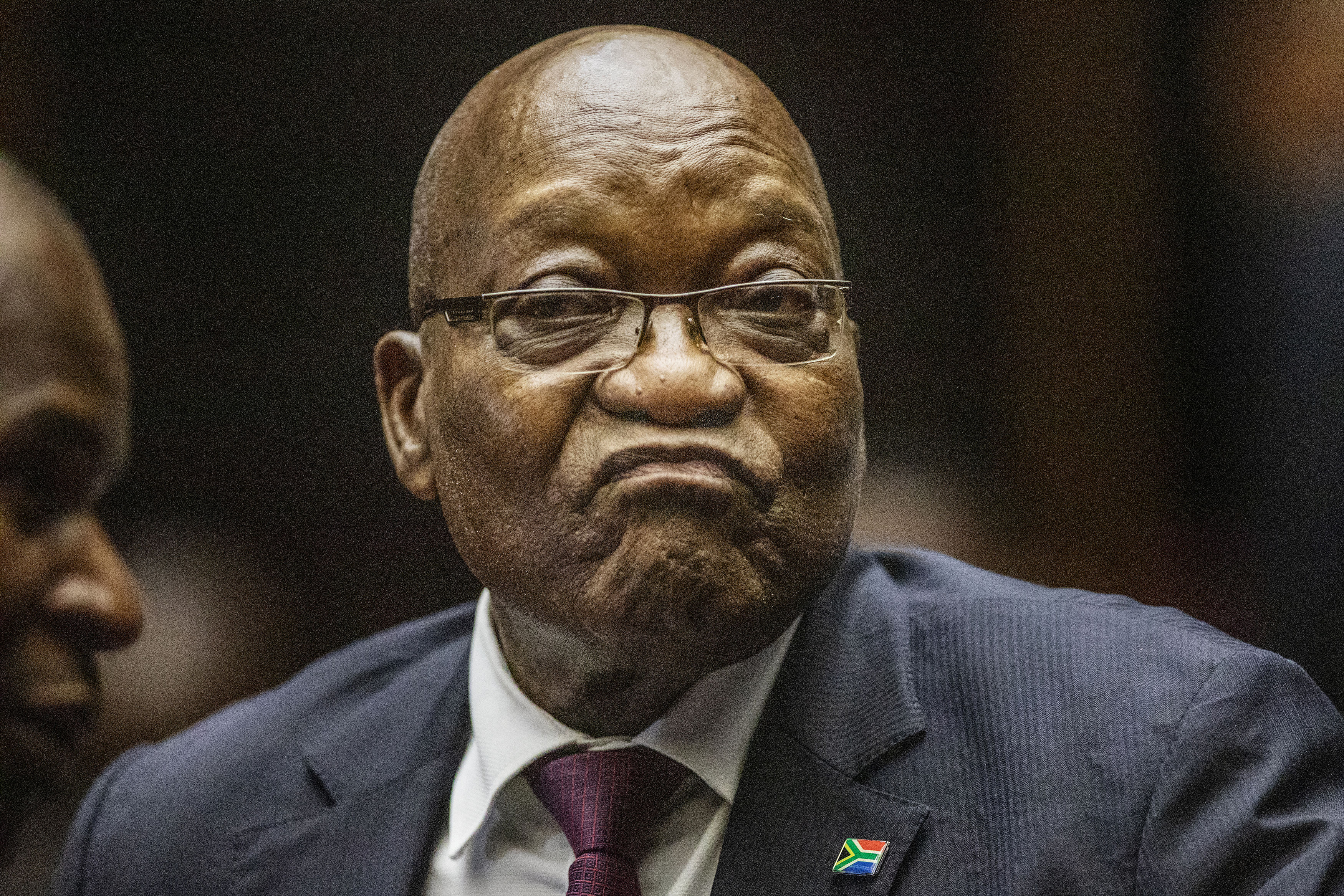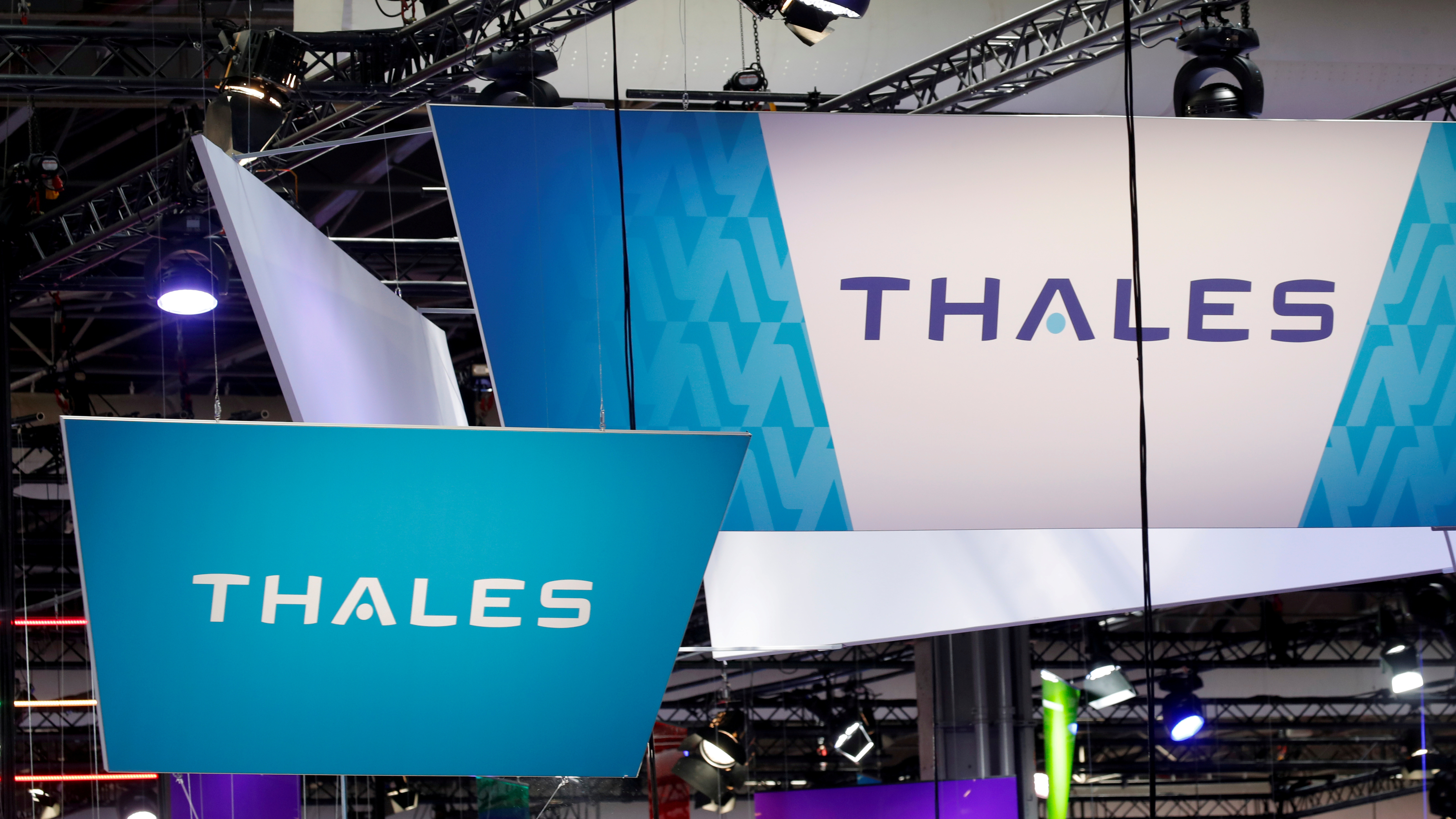A South African court on Friday dismissed former president Jacob Zuma's attempt to appeal against a corruption trial in which he faces charges related to a 1990s arms deal involving France's Thales.
"Mr Zuma's leave to appeal is dismissed with costs," said the High Court in the southeastern city of Pietermaritzburg. Zuma filed an appeal last month ahead of the initial October 15 trial date.
He is alleged to have taken bribes worth four million rand (273,000 U.S. dollars) related to a 3.4-billion-U.S.-dollar arms deal in 1999 when he was deputy president.
In mid-October the Pietermaritzburg High Court dismissed an application by Zuma and Thales for a permanent stay of prosecution and set a provisional trial date of February 4, 2020.

Former South African President Jacob Zuma appears in court where he faces charges that include fraud, racketeering and money laundering in Pietermaritzburg, South Africa, October 15, 2019. /Reuters Photo
Former South African President Jacob Zuma appears in court where he faces charges that include fraud, racketeering and money laundering in Pietermaritzburg, South Africa, October 15, 2019. /Reuters Photo
Both Zuma and French defense company Thales, which supplied equipment for navy vessels, deny the charges.
Thales' application for permission to appeal against the trial was also thrown out at the same time as Zuma's.
Both Zuma and Thales have the option to approach the Supreme Court of Appeal or the Constitutional Court in their push to stop a trial, lawyer and legal commentator Pierre de Vos was quoted as saying by AFP.
South Africa's largest opposition party, the Democratic Alliance (DA), welcomed the High Court decision and said it looked "forward to seeing this matter finally moving towards conclusion".

Thales' logo at the VivaTech annual conference in Paris, France, May 16, 2019. /Reuters Photo
Thales' logo at the VivaTech annual conference in Paris, France, May 16, 2019. /Reuters Photo
Zuma was forced to step down last year by the ruling African National Congress (ANC) party.
Thales, known as Thompson-CSF in 1999, has consistently argued that it has no knowledge of any transgressions having been committed by any of its employees in relation to the awarding of the contracts.
(With input from agencies)